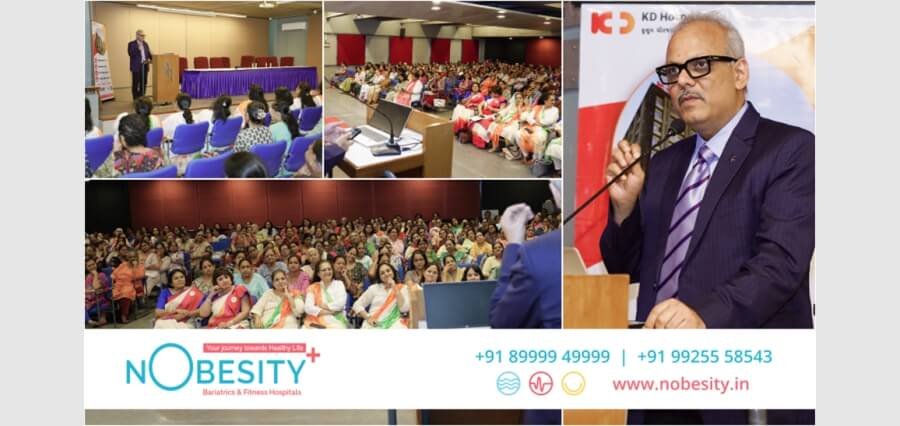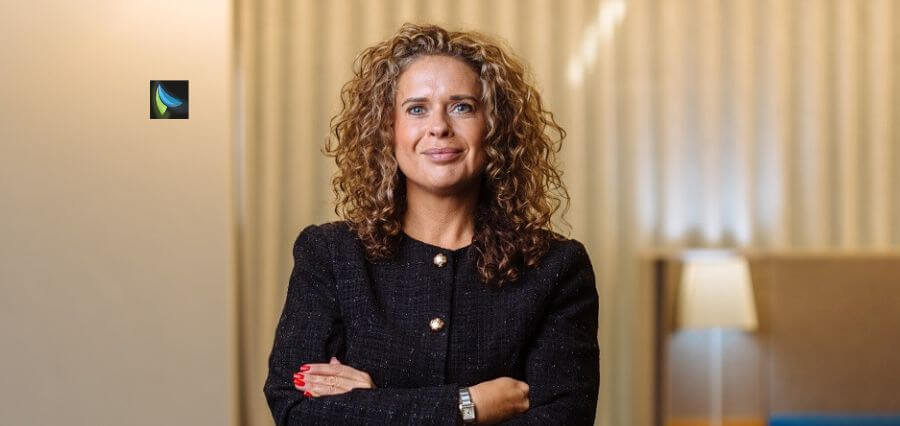Good health is central to human happiness and well-being. It is vital to our ability to not only survive but thrive, as most recently evidenced through an unprecedented global pandemic. In addition to calling our collective attention to a brand-new health risk, people all over the world were confronted with the need to rethink their outlook on health altering the delivery and access to optimal care. The recognition of the healthcare system as an engine for innovation has grown, and awareness of the need for scientific innovations has never been greater, especially in our ongoing battle with some of the most evasive illnesses in the world—i.e., cancer.
Now in a new technology-driven era, there emerges new hope, new modalities and perhaps a new way to treat certain cancers in ways we never could before. It very well may be the dawn of a new era in cancer treatment, if Liz Barrett, CEO of UroGen Pharma, has anything to say about it. As the leader of UroGen, a biopharmaceutical company that pioneers innovative therapies to revolutionize care for patients with urothelial and specialty cancers, Liz knows what it takes to create a paradigm shift for treating life-threatening diseases. Liz totes a celebrated career, having held business lead and executive positions at some of the world’s leading healthcare companies. She has been responsible for introducing oncological treatments to market in the U.S. as well as abroad, and has always been driven by what’s mattered most—passion and purpose.
We sat down with Liz to get a better understanding of what she believes is next for UroGen and for the future of cancer care.
When Passion and Purpose Come Together
Liz Barrett is characterized by some very distinctive qualities. She is known to be decisive, committed and courageous. Those closest to her might also add that she values and delivers clear communication, no matter how big or small the conversation, that she challenges conventional thinking and encourages others to be bold and solution-oriented and that she has a penchant for seeking out and overcoming challenges. Above all else, she is collaborative and passionate about her work in driving scientific innovations to help treat more cancer patients.
There is no doubt that her passion, drive and persistence in meeting challenges head on propelled her upward trajectory throughout her three decade-long career in healthcare.
Having begun her career in the Consumer Goods business unit of Johnson & Johnson, Liz soon realized her true desire was to work in the company’s pharmaceutical division, where she could make a bigger impact on society and the well-being of others. Liz identifies this as the moment she became truly passionate about oncology, as cancer is a disease that in one form or another, touches almost everyone. Then, the 5-year survival rate for patients was low, but innovation in this field and new treatments over the last couple of decades have helped spark better outcomes for patients and also better quality of life. The pharmaceutical industry has moved away from toxic chemotherapies as the standard of care, and instead, toward targeted agents, focused on immune-oncology as much as possible.
And much of this, Liz says, has been made possible by technology.
Paving a Better Path for Patients with Technology
Admittedly, ‘technology’ is a very broad term these days. It’s not just a road to our future but a baseline language and connector as well. At UroGen, there also exists a duality to this term. On the one hand, there are the medical therapies that utilize new and advanced technologies such as UroGen’s RTGel™ (Reverse Thermal Gel) technology platform, and then there is technology that allows them to communicate and educate stakeholders across the continuum, hopefully expediting the identification of patients and the execution and support needed for practitioners to utilize UroGen’s innovative treatments.
In recent years, UroGen achieved a breakthrough milestone in cancer treatment with its RTGel technology platform, a proprietary hydrogel-based formulation that has the potential to improve the therapeutic profiles of existing, as well as new, drugs. This remarkable, sustained-release technology is stored in liquid form and transforms to a gel once administered into the body. The technology is designed to enable longer exposure–known as “dwell time”– of the urinary tract tissue to medications, making local therapy a potentially more effective treatment option.
UroGen’s first FDA-approved therapy using the novel RTGel technology, Jelmyto® (mitomycin) for pyelocalyceal solution, received breakthrough FDA approval in April 2020 and is the first and only treatment of its kind for adult patients with low-grade upper tract urothelial cancer (LG-UTUC).
Urologic cancers are devastating types of cancer, often affecting elderly people, with high recurrence rates. The standard of care for these types of cancers is typically multiple surgeries, imposing significant burdens on elderly patients and the healthcare system overall. As Liz says, “you don’t really cure these diseases; you manage them.”
Keeping this understanding as a mantra, Liz remained unwavering in her focus on leading her team through a successful product launch in 2021, at the height of the COVID-19 pandemic.
Answering an Unmet Need in Cancer Treatment
UroGen does what it does for one simple reason, because patients deserve better. Their novel, proprietary technology allows necessary medicines to be delivered locally, and then to disintegrate and void naturally. In other words, UroGen delivers more effective treatments to urothelial cancer patients without the risks and uncomfortable side effects of traditional therapies.
This is especially important considering certain urologic and specialty cancers, such as LG-UTUC, impact people of advanced age, which makes it difficult and risky to undergo and recover from multiple surgeries that take a substantial toll on their quality of life.
UroGen strives to advance the development of highly effective, non-surgical treatment options that alter the course of disease and fundamentally change the patient journey.
Building a Patient-Centric Company
It was this spirit of patient centricity that attracted Liz to lead this organization, which had 70 employees in 2019 and has grown to more than 200 in 2021. “I was very impressed with the culture and importantly, the attitude of the team at UroGen when I joined,” she says. Liz is committed to fostering this culture, providing clear direction and supporting her team’s professional and personal aspirations. “Our current values of Act Boldly, Be Inventive and Stay Connected were driven by what the team was already doing and the environment we wanted to create.”
When faced with an idea or opportunity, Liz encourages her colleagues to have an open mindset, to challenge each other in a healthy way, and to think about how the team can continuously build upon past successes to drive and bring innovative therapies to patients around the world. It is the patient success stories, Liz says, that truly inspire and motivate my colleagues to do more to improve health.
What’s Next at UroGen?
Guided by Liz’s vision and leadership, UroGen continues to explore avenues to accelerate the development of truly innovative medicines that advance the standard of care in uro-oncology and beyond. The company is committed to working in areas of high unmet need, such as LG-UTUC and other specialty cancers, where they can make a real difference in the lives of millions of patients that are impacted by these illnesses.
The vision for UroGen’s future includes ambitions of continuing to partner with leading, world-class institutions to explore the full potential of its RTGel platform across various disease states. Earlier this year, the company announced an exploratory immunotherapy-sponsored research agreement with Johns Hopkins University to study the potential of checkpoint inhibitors combined with RTGel in glioblastoma multiforme, or GBM, an aggressive and difficult-to-treat brain cancer. The company also recently announced a strategic research collaboration with MD Anderson to advance UroGen’s investigational treatment, UGN-302, for high-grade bladder cancer, potentially bringing next-generation immunotherapy to these patients with a significant unmet need and limited clinical options.
“You need to have the flexibility to be able to follow where the medicines are and what science tells you, and then go that way. It’s like you have no better opportunity in your life than to have an impact on human health. So, hang in there, don’t get discouraged, and follow the science.”
Advice to the Leaders of Tomorrow
According to Liz, the healthcare industry is the best place to be, although she acknowledges that it’s a challenging industry to navigate. If she could provide advice to other women in the industry on how to succeed, it would be this: “Don’t underestimate your impact…both positive and negative. Focus the team on what is important; stay true to yourself but recognize you have the ability to create an environment for others to bring their best self. And if they do that, we all win because that is when the best things happen for patients and the business success will follow.”



















